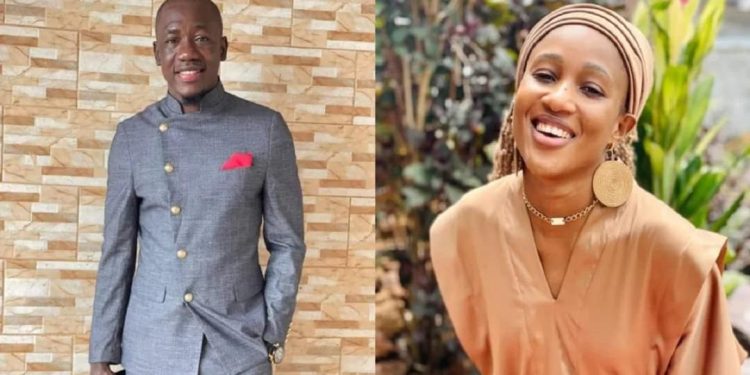By Mackie M. Jalloh
Freetown’s legal community and the broader public have been riveted by the unfolding case of Abdul Kpaka, a respected university lecturer and prominent business tycoon, who appeared in court on Wednesday, August 28, 2024, facing charges of alleged murder. Kpaka, who holds a dual role as an academic and a successful entrepreneur has been accused of the alleged brutal killing of his girlfriend, Sia Fatmata Kamara, in a case that has shocked the nation and sparked widespread demands for justice.
Presiding over the hearing at the Male Correctional Centre Court on Pademba, Magistrate Santigie Bangura ordered that Kpaka be remanded in custody, underscoring the severity of the charges against him. The charges, read out by the Deputy Assistant Registrar, Hindolo Katar, accused Kpaka of allegedly murdering Kamara on August 13, 2024, at Peninsula Road in Freetown. The charges fall under Section 1 of the Offenses Against the Person Act of 1861; a law that addresses the crime of murder with serious consequences. During the proceedings, Kpaka remained silent refraining from entering a plea.
The case has drawn intense public interest, not only because of Kpaka’s prominence in both academic and business circles but also due to the horrific nature of the crime. Lead prosecutor in the matter, Chief Superintendent of Police (CSP), Joan Bull, requested an for adjournment date, citing the need for additional time to thoroughly review the case file, which had only recently been transferred to her team. “We must ensure that all evidence is meticulously reviewed before moving forward,” CSP Bull stated, emphasizing the importance of a careful and comprehensive investigation. The next hearing was scheduled for Wednesday September 4, 2024, allowing the prosecution time to prepare.
Defence Counsel Emmanuel Teddy Koroma, representing Abdul Kpaka, offered condolences to Kamara’s family but stressed the necessity of a fair and expedient trial. He reminded the court that despite the gravity of the allegations, Kpaka is entitled to the presumption of innocence. “The sooner this matter is resolved, the better it will be for everyone involved,” Koroma argued, underscoring the emotional and social pressures surrounding the case.
The murder of Sia Fatmata Kamara, a young woman with a promising future, has ignited a wave of anger and grief across Sierra Leone. The postmortem report revealed that Kamara suffered severe injuries, including multiple broken ribs and a damaged spinal cord—details that have only fuelled public outrage. The brutality of the attack has led to a nationwide call for justice, with many advocating for stronger legal measures to protect women from violence.
This case has also brought renewed attention to the issue of gender-based violence in Sierra Leone, where such crimes often go unpunished or are inadequately addressed. Activists and women’s rights organizations have rallied around Kamara’s case, urging the legal system to act decisively. They argue that Kpaka’s trial is a crucial moment for the country, one that could set a precedent for how similar cases are handled in the future.
As the trial date nears, all eyes are on the courtroom, with the public eagerly anticipating the next steps in this high-profile case. Kamara’s memorial service, scheduled for Friday, 30 August at the Freetown City Council auditorium and her funeral on September 1 at the Charles Davies Memorial United Methodist Church, Lumley, is expected to draw significant crowds, reflecting the widespread sorrow and demand for justice that her death has provoked.
The outcome of Abdul Kpaka’s trial will be closely watched, not only for its legal implications but also for its impact on the broader societal issues of justice and gender-based violence in Sierra Leone. Whether Kpaka will be found guilty remains to be seen, but the case has already underscored the urgent need for accountability and the protection of vulnerable individuals in the country.












